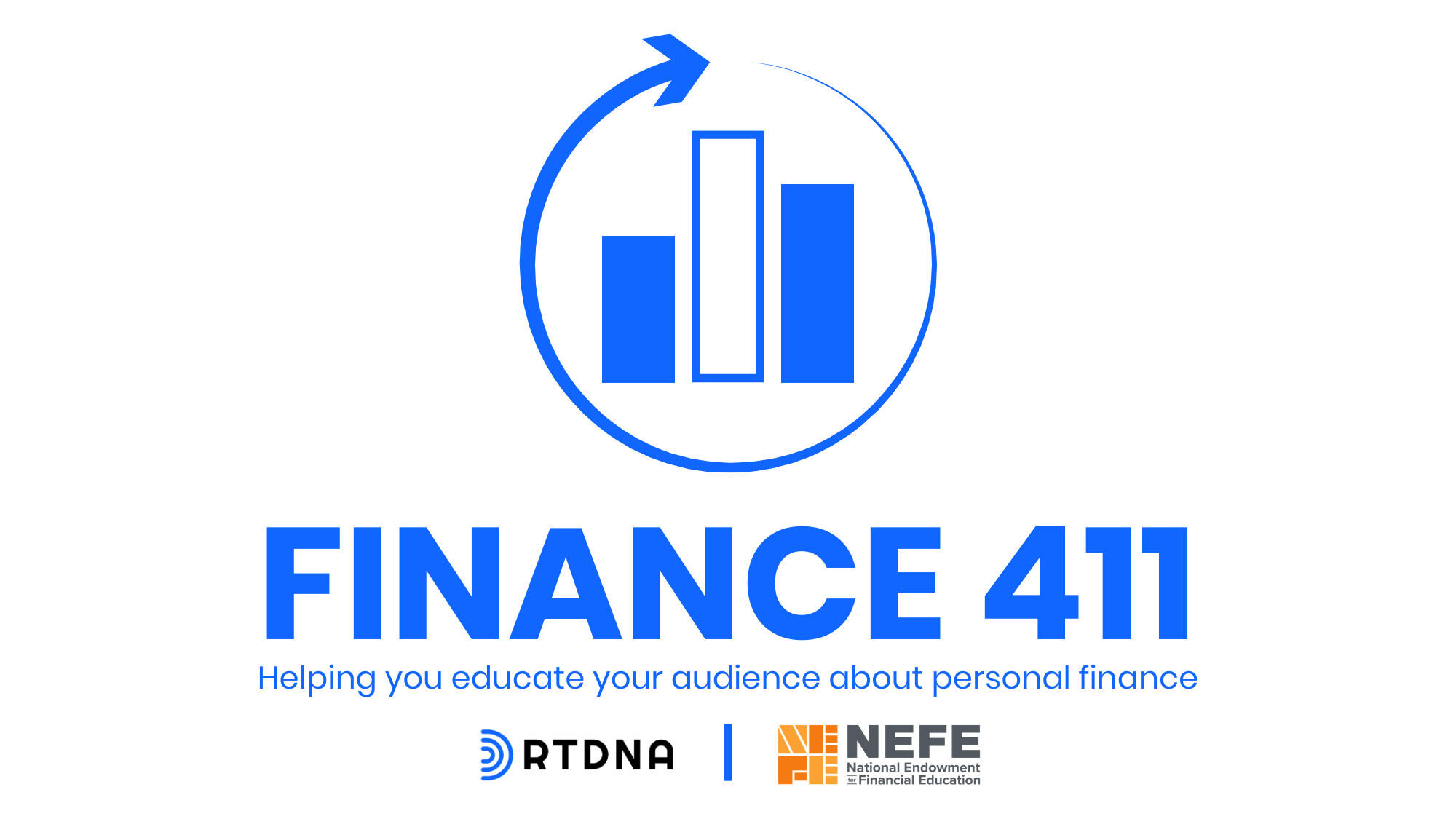Money Matters: It’s OK to ask for more

According to the World Economic Forum, globally, women earn just 63% of as much as men, and, at the current rate of wage growth, it could take more than 200 years to close that gap.
In the United States, women make about 80% of what men make, with larger gaps for women of color, women with disabilities and women from marginalized groups and communities.
Pay gaps also vary by state and industry. Do you know the gender pay gap in your state, or in industries most common in your area?
One contributing factor to the wage gap: salary negotiations.
A significant proportion of women – more than 60% - report that they don’t negotiate after receiving new job offers, for a variety of reasons. But those who do are often successful in increasing the offer.
What does it take to negotiate a raise or increase in a salary offer? Here are the basics:
- Research
- Know your target
- Ask (at the right time)
- Be able to explain your value
- Take benefits and job flexibility into consideration, too
There are a wealth of online resources to research salary ranges (like Glassdoor, PayScale, and Salary.com) and learn to negotiate. But in-person training and practice can be extremely helpful and a little less overwhelming. Are there any organizations in your area offering negotiation seminars? Check your local AAUW and Lean In groups, the local library and community education schedules.
Another angle to the pay gap and negotiation story could be to find and share resources for the growing number of freelancers and independent businesses to understand their value and set their rates.
Weekly Money Matters personal finance content for your newsroom is sponsored by the National Endowment for Financial Education.
